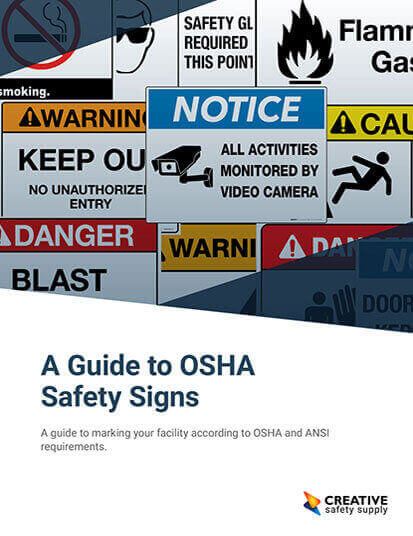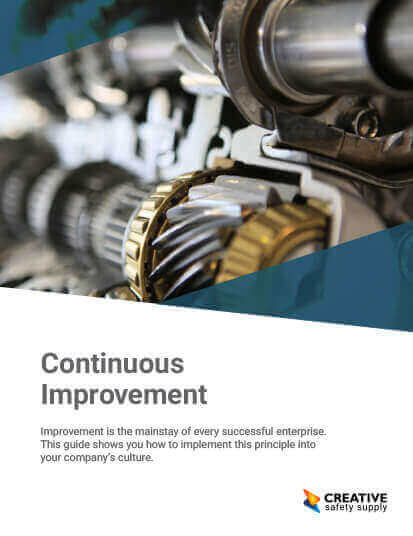
The acronym GMP stands for Good Manufacturing Practice. It is also commonly written as cGMP, which stands for Current Good Manufacturing Practice. This is a set of regulations that are put out by the Food and Drug Administration with the intent of ensuring companies follow established practices related to minimizing contaminations and other errors.
GMPs carry the weight of law in the United States, and the practices found in them are followed by many other countries around the world as well. In the US, these regulations specifically apply to any facility that manufacturers, processes, or packages certain products that are used by consumers. Specifically these products include drugs, medical devices, blood products, and some types of food.
The requirements listed within the GMP are general concepts rather than specific mandates on how something is done. For example, they will make it clear that the ingredients of a drug being manufactured must be precise down to a specific amount. They will not, however, provide instructions on how those measurements must take place. A manufacturing facility is free to decide if they want to use measurements that are taken by sensors, scales, robots, or any number of other things.
Any facility that has to follow these GMPs is responsible for making sure that they are always up to date on the current requirements. This is especially important in industries related to manufacturing food and other related things because processes often change. Just because something was a best practice a decade or more ago does not mean that it is still an acceptable way to do things. Keeping up on the cGMPs is generally not difficult since they do not provide detailed requirements. It is important, however, to always follow the latest requirements or a facility could face serious fines, penalties, or even be shut down until they can comply.
Similar Glossary Terms
- Good Manufacturing Practices
- TSCA
- OSHA 1910.132 Personal Protective Equipment (PPE)
- OSHA 1926.102 Eye & Face Protection
- ANSI/ASA S12.6-2016
- ADA Signs
- NEMA
- NIST
- NEC


